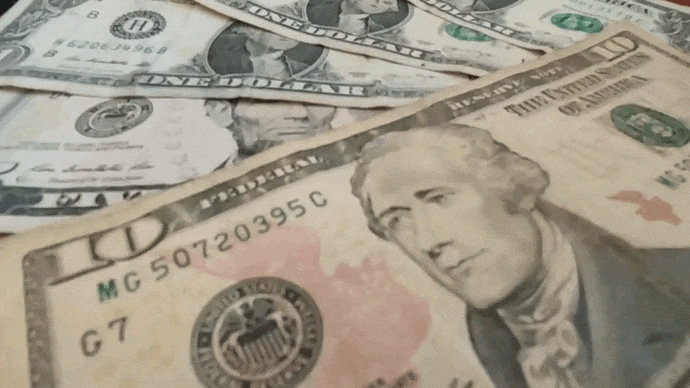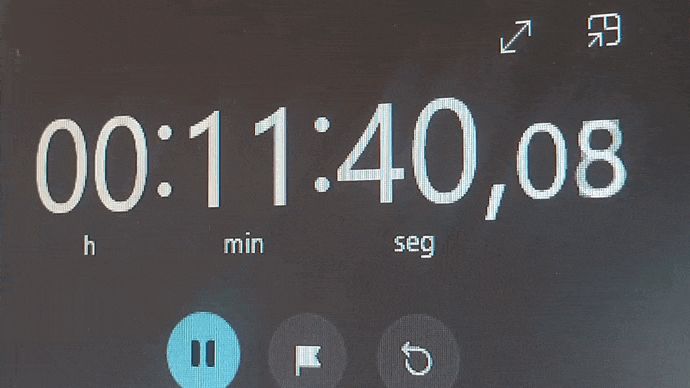It's time to decide... again?
The first thing to say about making decisions is that we must learn to avoid avoiding that responsibility. Some may try to avoid that because they don't want to invest the time or effort that it merits. But how far can we go if we continue like this? Making decisions helps us in different ways, and just as with physical exercise, we can strengthen our judgment as we perfect the process of making choices.
There may not be a specific formula for making good decisions, or a rigid procedure. But there may be ideas and principles that can help us and thus make it more likely that our decisions will be the best ones. What are some of the ones I put into practice when I have to make important decisions? Please join me in answering them.
CALCULATE THE MONETARY COST

This is very important. Like most accountants, we understand that money is a finite resource, and we seek to make the best use of it. For important personal and family decisions, I like to evaluate this to avoid subjecting the family to a commitment that we cannot make, or that sacrifices important things, such as basic necessities. So I ask myself: how much will this path cost me and that one? which one will have the best "price/quality" ratio? I also don't let myself get carried away by the cheapest option. Many times it is not the best.
RESEARCH
I do thorough research if aspects I know little about are involved. That may involve using internet search engines and asking people who know about the topic. For example, last year we were planning to spend a week away from home in a place we hadn't been before. I researched on the internet about the climate, vegetation, transportation, distances, and even looked at the area on GoogleMaps. With a general idea, I called a friend who traveled there every week. And finally I had a phone conversation with another friend who had been living there for years. Based on all that we were able to plan everything we needed and those days were a total success.
THE GREATEST BENEFIT
In accounting we have a principle called this and I apply it to important decisions. When there are several good and acceptable options, it is better to go for the one with the greatest benefit. And we are not necessarily referring to monetary benefits, but even emotional and physical ones. For example, sometimes we need to stay away from home and we have several options, several houses of friends who are willing to receive us, but many times we think about who we have more time without seeing, who could serve as support for those who are going through a rough patch, or perhaps the most strategic location for the errands we plan to do. That will tip the scales somewhat.
WHAT THE TIME INVESTMENT WILL BE

Many times I include this important factor: How long will it take me to get the expected benefit? How long will it take me to get my money back? How long will it take me to travel the distances involved? These issues deserve attention. Of course, there are things that must go through their normal and natural process, but we do not want to embark on projects or decisions that take up more time than necessary, or become a burden once we have taken it on.
THE MOST PEACEFUL
This one is a bit complex, and perhaps conditions all the previous ones. Sometimes we can see several advantages in a path, a decision, but unfortunately it could lead to jeopardize the peace between us and another person (or several people). As our desire is to get along with everyone and not lose our valuable friendships, it implies that sometimes we make decisions that cost a little more money, or take a little more time, or incur some discomfort for ourselves in order to promote peace with others and not lose it. Every, every, every time this has prevailed it has been the best option.
In conclusion, what do I do when the results are not what I expected? It sounds cliché, but I try to look for the benefit of the situation, some lesson, some learning. That may be the only thing I can take away. But when even that is difficult, I try to enunciate it. Yes, to summarize the failure in a sentence, in a number, in an object. That way I've found I can handle it better. For example, sometimes I buy things that had a lower price elsewhere. But at the same time I buy something else at a lower price than in the previous place. Then I say to myself: "The money I overpaid at that place I got back at this one. So I haven't lost anything". This is a simple example, but it helps me a lot for bigger and more important decisions.

Making decisions is "trial and error". Even if we were perfect we would have no guarantee of making good decisions. But we have to keep trying and perfecting our process. I'm sure you will have your methods too and maybe even better than the ones I mentioned. I hope we continue to train ourselves to take the best possible paths. See you next time!

Images: GIF's created at imagen.online-convert.com with my own images captured with my Xiaomi Redmi Note 8 phone.
Banner: Made by me in GIMP with my own images and free resources from the site pfpmaker.com/
Language: Post written in Spanish and then translated into English through DeepL